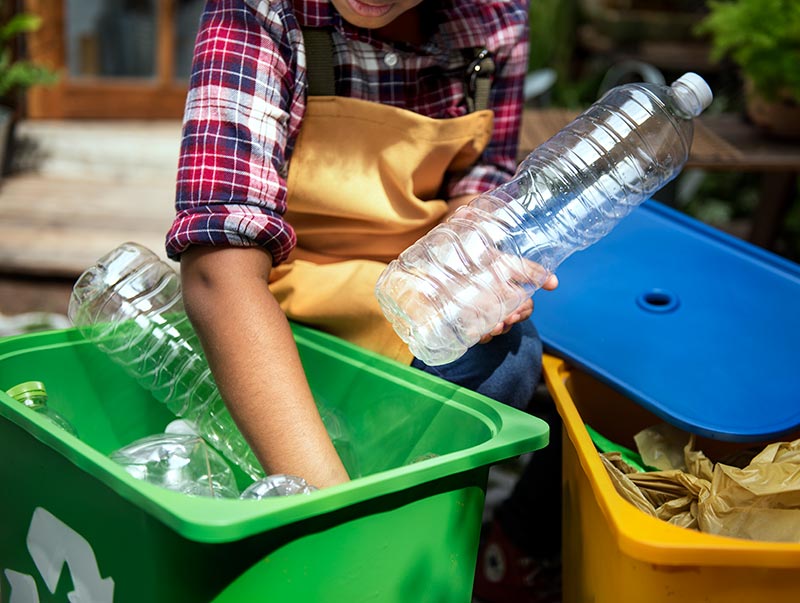
As good as your intentions are for the environment, you may be doing more harm than good if you’re unaware of the most common recycling rules. For example, not every piece of plastic, cardboard, or aluminum belongs in the bin. One of the biggest misconceptions is that an item is recyclable if it has the recycle symbol on it. This, coupled with confusion about what can and cannot be recycled, has caused contamination rates to increase.
The types of materials that can be recycled can vary from state to state and city to city, so it’s important to be knowledgeable about the recycling best practices in Maui. Be well-versed on the following rules to make sure your household is recycling the right way.
The Basics
Recycling reduces the amount of waste being sent to landfills and incinerators, conserves natural resources, and saves energy. Many items can be recycled, but if they don’t get properly sorted, they’ll go straight to the trash. Make the effort to sort as you go. As a rule of thumb, the following materials are accepted no matter where you live: paper, cardboard, metal cans, and plastic containers labeled with a No. 1 or 2.
Leave Caps On Plastic Bottles
Recycling is the right thing to do, but it’s also important to do it right. Plastic bottles should be emptied out and crushed with the bottle caps on when thrown into the recycling bin. The plastic recycling industry used to not be able to recycle bottles with caps; however, as processing technology improved, the message has changed to ask that caps remain on the bottles, according to the Association of Plastic Recyclers.
No Plastic Bags
Plastic is recyclable, so bags made of plastic belong in the recycling bin, right? Wrong. Don’t put plastic bags and plastic wrap in your curbside recycling bin, they only cause problems for recyclers by getting tangled in the equipment. Instead, take your clean and dry bags, wraps, and films to a drop-off location like a retail store.
No Plastic Cutlery Or Coffee Cups
We’ve all been ordering a lot more take-out meals lately, so your collection of leftover plastic utensils has probably piled up. But while plastic cutlery is convenient to use in a pinch, it’s not recyclable. Plastic knives, forks, and spoons are typically not accepted in most local recycling programs and—because of their small and narrow size—can get stuck in or fall through the machinery that sorts them. No Starbucks coffee cups either! To-go cups made of cardboard have a plastic or wax lining that keeps liquid from leaking, but the lining also makes the cups nonrecyclable.
Tear Down Cardboard Boxes
Each year 24 million tons of corrugated cardboard are discarded, according to the Environmental Protection Agency. Most of that cardboard, around 91%, is recycled; but the big rule for cardboard boxes is to break them down so they’re flat. That way you’ll optimize space in your recycling bin and reduce the number of pickups needed from your local recycling service. One type of cardboard box you should just throw in the trash? Pizza boxes. The grease and food soaked up by the cardboard make pizza boxes a gross mess to recycle.
Empty, Clean and Dry
Food is not recyclable, so every item you throw in the bin should be spotless. One ketchup bottle or not-quite-empty milk carton can cause your entire bin of otherwise perfectly recyclable items to be contaminated. Therefore, any scraps, liquid, or waste should be removed from your recyclable items before tossing them.
